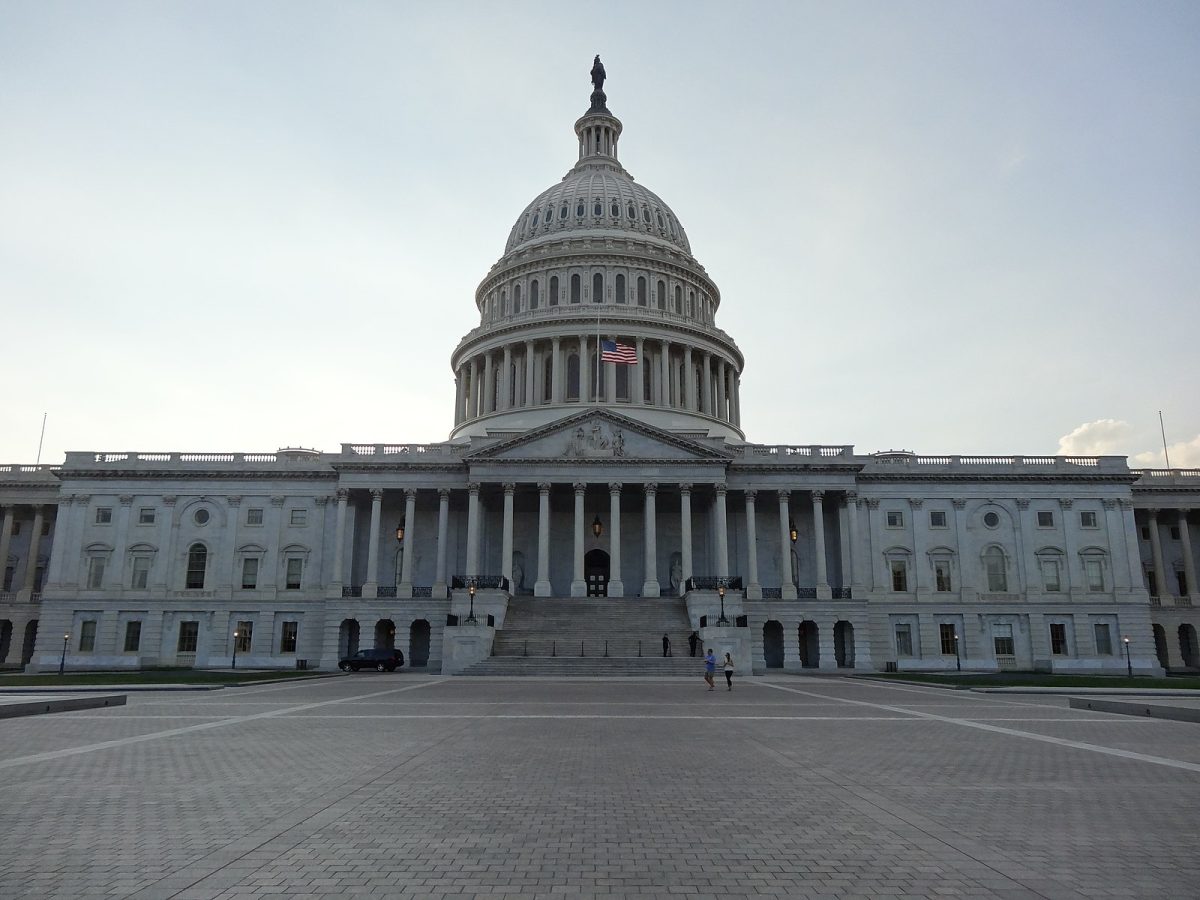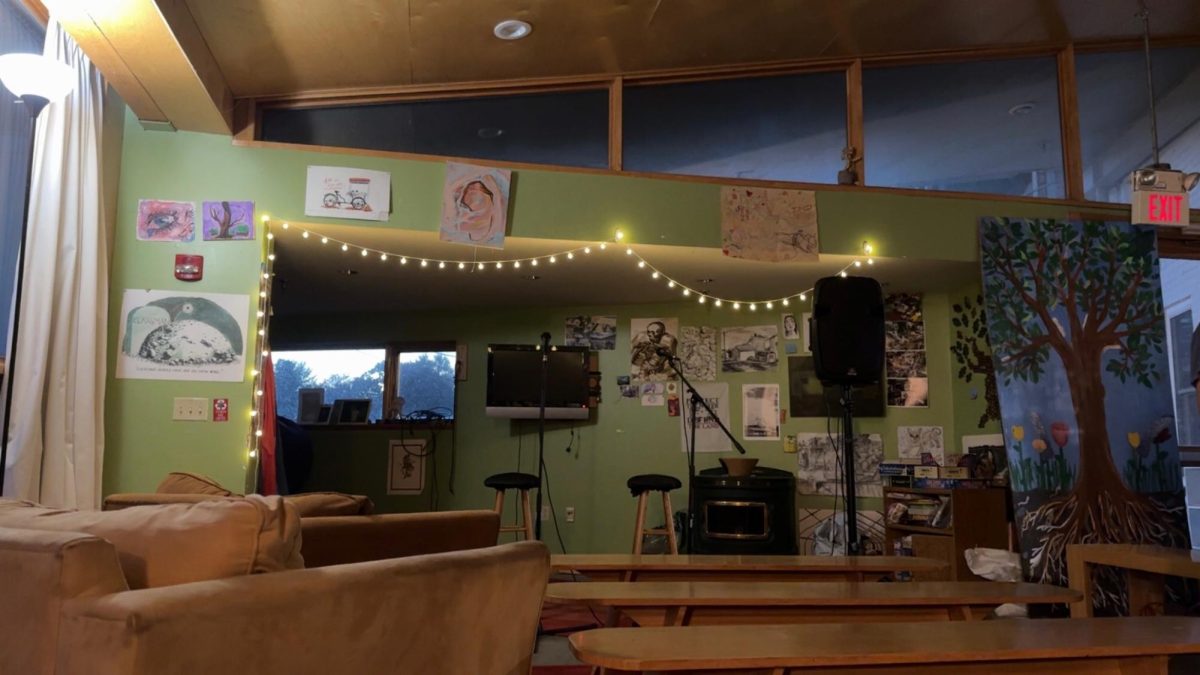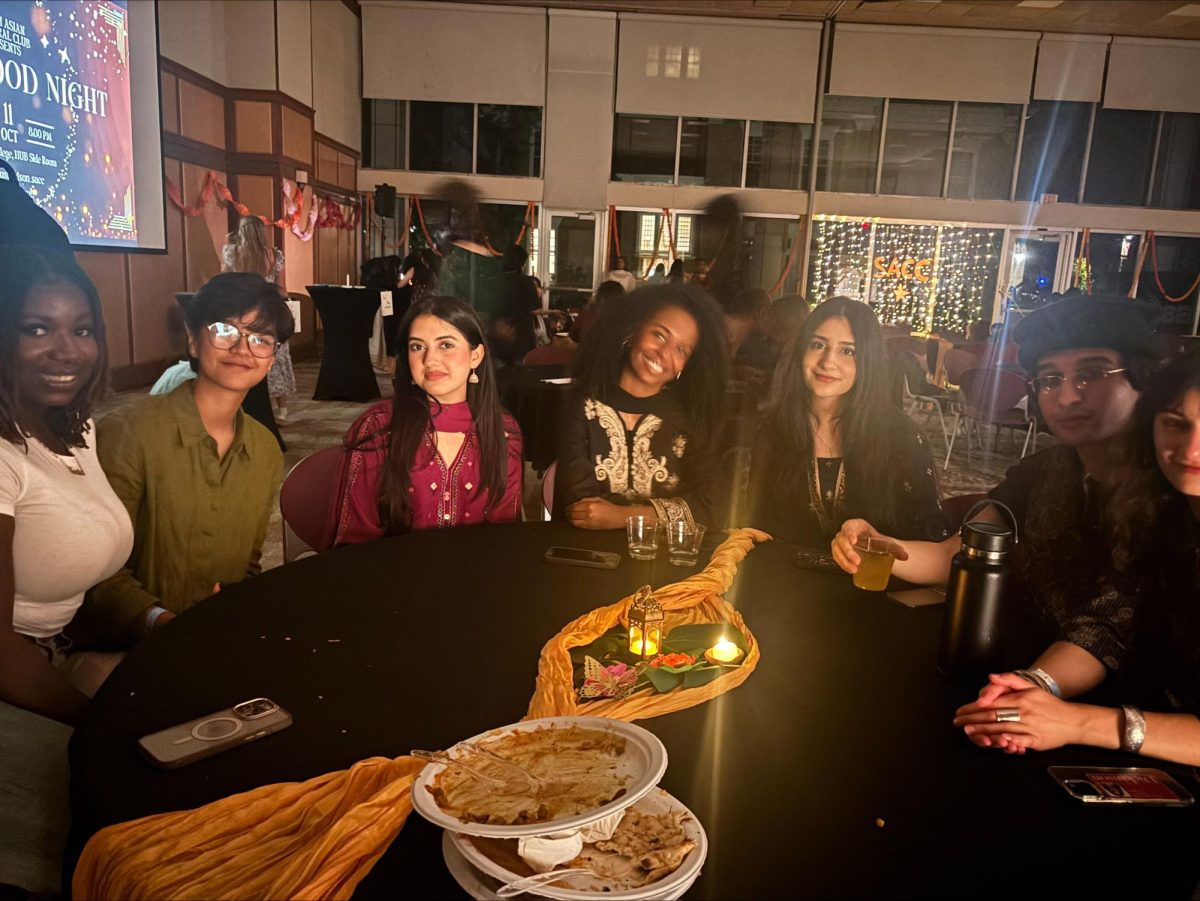The upcoming German elections will determine not just what the future in Germany will look like, but it will also impact the way its citizens view their past. In the talk “Reinventing Germany,” supported by the German embassy and hosted by the Clarke Forum, a trio of speakers provided their insights into what Germany’s future may look like based on how Germans view themselves within Europe.
Anne Rabe is a writer and playwright who specializes in recent German literature. Her analysis of current German culture was that many citizens are, unlike their counterparts across Europe, more reluctant to claim credit for their country’s successes. She has also detected a change over time, with a more moralistic tone increasingly being taken with regards to Germany’s neighbors, possibly a result of the Eurozone crisis. However, much of the positive reputation German industry has built came from the West. By contrast, the East has long been neglected by an overly rapid reunification, and is thus more drawn to political extremes.
Janine Ludwig is the Vice Head of the Institute for Cultural German Studies and helps with the Dickinson study abroad program in Bremen. Firstly, she pointed out that there are numerous German stereotypes held by foreigners and locals. An example of this is how Dickinson students in the Northern city of Bremen must be told that the city doesn’t have Oktoberfest.
Another stereotype is that of a Western bitterness relative to their Eastern compatriots. Ludwig argued that in recent years, East Germanness has returned to being an identity, and that by her estimate, even during the fall of the Berlin Wall, 20% of East Germans were still loyal to the regime.
The final stereotype she highlighted was that of a homogenous German ancestry. She explained a debate started by a Syrian immigrant a few years ago that suggested the creation of a German ‘leading culture,’ which was supported by the conservatives and opposed by the liberals. Ludwig identified a compromise taken by most Germans as loyalty to the constitution, especially it’s stipulation that human dignity is inviolable.
Colonel Mattias Rogg is a visiting professor at the U.S. Army War College. His take on German identity is of gratitude for outstanding living conditions, rather than traditional patriotism. He said that while many Europeans admire the image of German efficiency, many Germans retain relatively negative views of themselves. A recent Eurobarometer survey found that Germans have the second-lowest patriotism in the entire EU. He agreed with Ludwig that East Germans felt ‘adopted’ rather than integrated into the Federal Republic, with a constitution forced upon them. Finally, Rogg pointed out that Germany has seen considerable immigration in the last few decades. One third of Germans has a recent foreign ancestor, although the upper classes remain as homogeneous as a few decades ago.
The audience, which contained about a hundred Dickinson students, also had the opportunity to ask several questions. One of these was about the future of immigration in Germany and the rest of Europe. Rabe stated that Germans forget that their country is centrally located in Europe, and is thus a transit point for migration. Rogg pointed out that the concept of usefulness is not present in the German immigration debate the same way it is in the U.S. Another question, specifically for Rogg, asked about what a liberal immigration policy could do to the treatment of people as expendable workers. His response was that a mixed approach is needed, particularly towards the children of immigrants; a balance must be struck between removal based on a checklist and the extent of integration. Rogg was strongly against assimilation however, and thinks that Germany can teach America how to incorporate people into a national identity.





